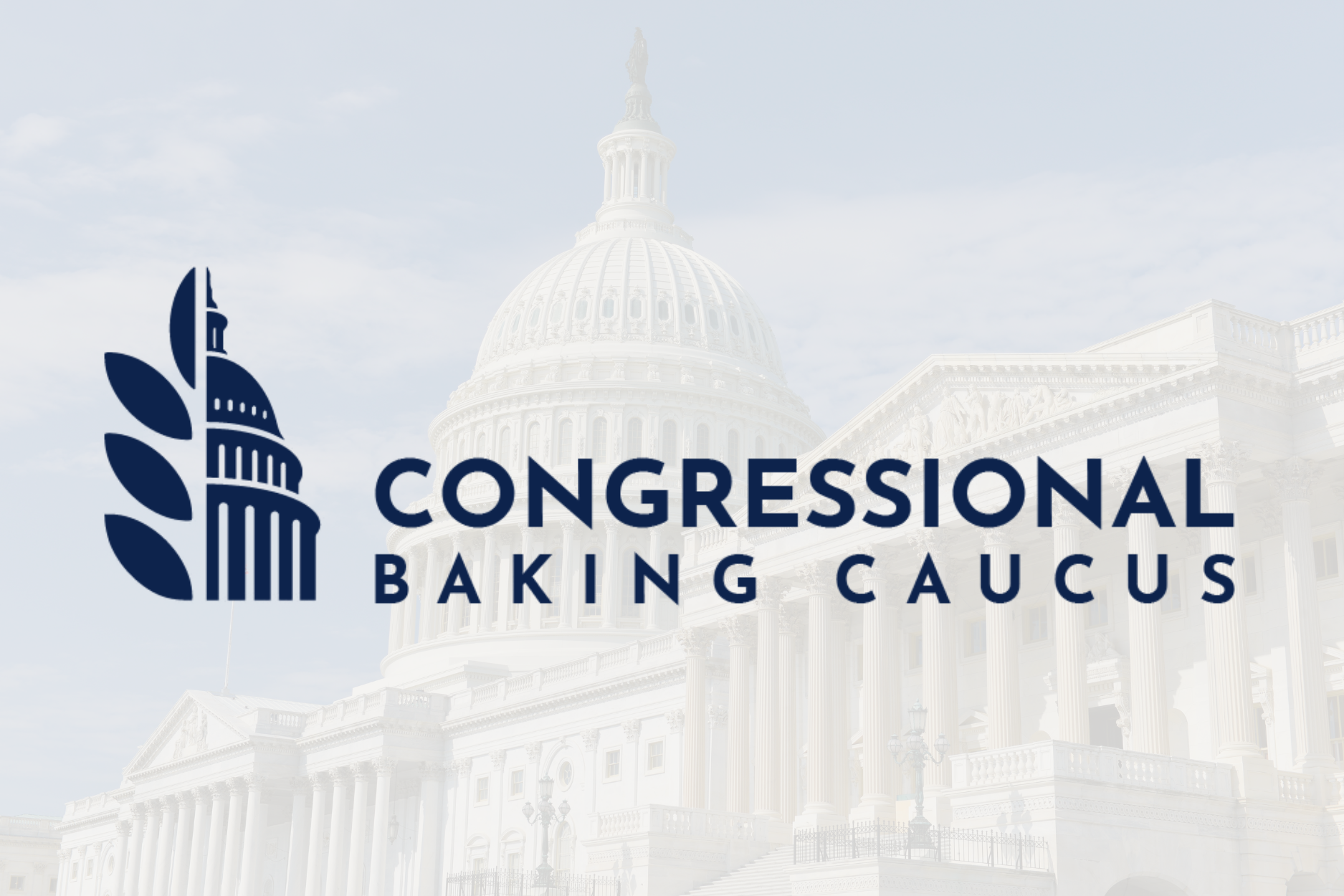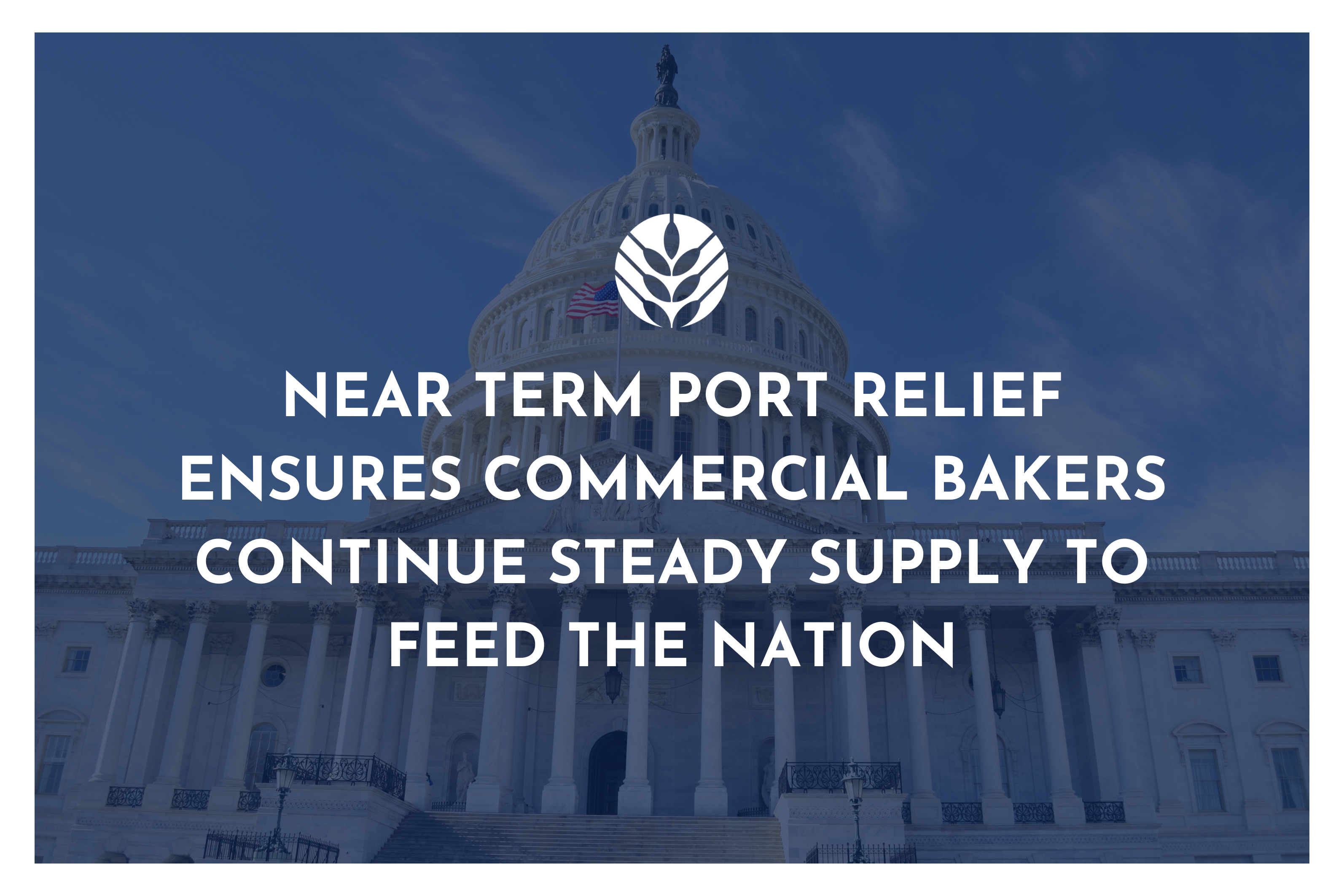We’re nearly five months into the implementation of the FASTER Act, and the baking industry’s priority remains the allergic community’s safety. We strongly support the Food and Drug Administration's (FDA) guidance for consumers to always read ingredient labels and to check with the manufacturer if they are unsure whether a food product contains specific ingredients.
We’ve also learned that not all ABA Members are impacted by sesame in the same manner.
Sesame seeds are often used as a topping rather than mixed into a product. This usage makes sesame cross-contact much more difficult to control than other major food allergens, and more difficult to fully eliminate the risk of sesame cross-contact from shared equipment, such as an oven that is several hundred feet long.
Bakers enforce extensive cleaning and Current Good Manufacturing Practices (CGMPs) in their facilities to protect all consumers. Despite rigorous cleaning protocols, sesame is a uniquely challenging allergen to remove from the baking environment, and even the best practices cannot always remove traces of sesame.
Given current production operations in hundreds of bakeries coupled with the existing FDA regulatory scheme (which essentially requires recalls for any products with traces of sesame, even if they have the “may contain sesame” statement), including sesame and labeling it as an allergen is the most realistic and safest way to protect allergic consumers.
We have also encouraged the FDA to use its existing authority under the Food Allergen Labeling & Consumer Protection Act to work towards setting allergen thresholds, which would remove the need to add sesame where only traces below such thresholds might remain after applying rigorous CGMPs.
Please continue to stay in touch with ABA with any questions about the implementation of the FASTER Act (Pub. L. 117-11).




